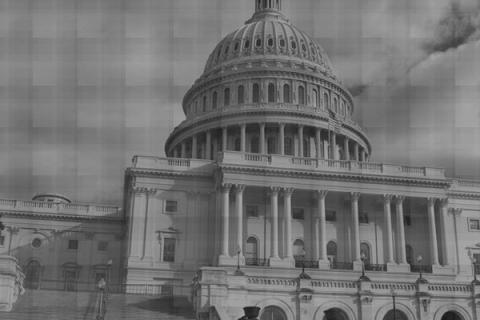
Nearly 380,000 Californians have registered to vote online since California implemented SB397 three weeks ago. The bill, authored by Democratic Senator Leland Yee (San Francisco/San Mateo), mandated that “California should implement a user-friendly, secure, and accessible online voter registration system in time for the November 2012 statewide general election.”
Political Data Inc. analyzed an early voting sample to find that 49 percent registered as Democrat, 32 percent as other (mostly decline to state), and 19 percent as Republican. Projections indicate that by the time of the election, around 600,000 people will have registered for the first time. This is likely to increase Democrats’ statewide cushion by around 280,000 votes.
Senator Yee mentioned,
“While all demographic groups seem to be using the new system, younger voters appear to be flocking to register online. According to Political Data Inc. … in the 31 counties that have reported, 28 percent of those registering online are under the age of 26, compared to only 12 percent of the current overall registrations in those counties.”
As young California voters utilize online voter registration tools more frequently, state politics is likely to reflect the trend, particularly when it comes to ballot initiatives.
Youth voter registration is skyrocketing, which is likely spurred by Proposition 30’s appearance on the ballot. This could have multiple effects on both the November election and California’s future political landscape. The rising tide of new non-Republican voters might give Democrats a super-majority in the state legislature, which would allow Democrats to pass legislation without bipartisan support. Additionally, as decline-to-state voter numbers continue to rise, independent candidates could establish a greater presence statewide, especially if Republican voter registration continues to lag behind.
It's no secret that the Democrats have "taken over the house(s)" in California, and with the possibility of a two-thirds majority come this November, California would be under a de facto single-party rule. If the recent registration statistics are bad for Republicans, voters who are not happy with the direction of the Democratic Party may be equally concerned. But the real story here is that those registering without a party preference at all are outnumbering Republicans almost three-to-two, without a massive registration campaign. With the Republican brand becoming less and less popular in the Golden State, the next election could see the "opposition" be mounted by a force that is unified by a refusal to put an R or D next to their name.
